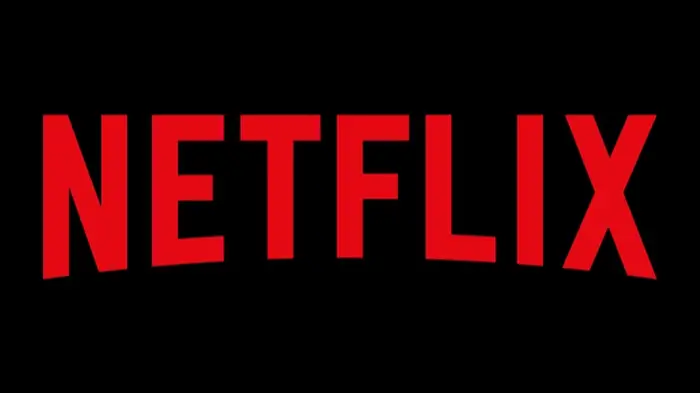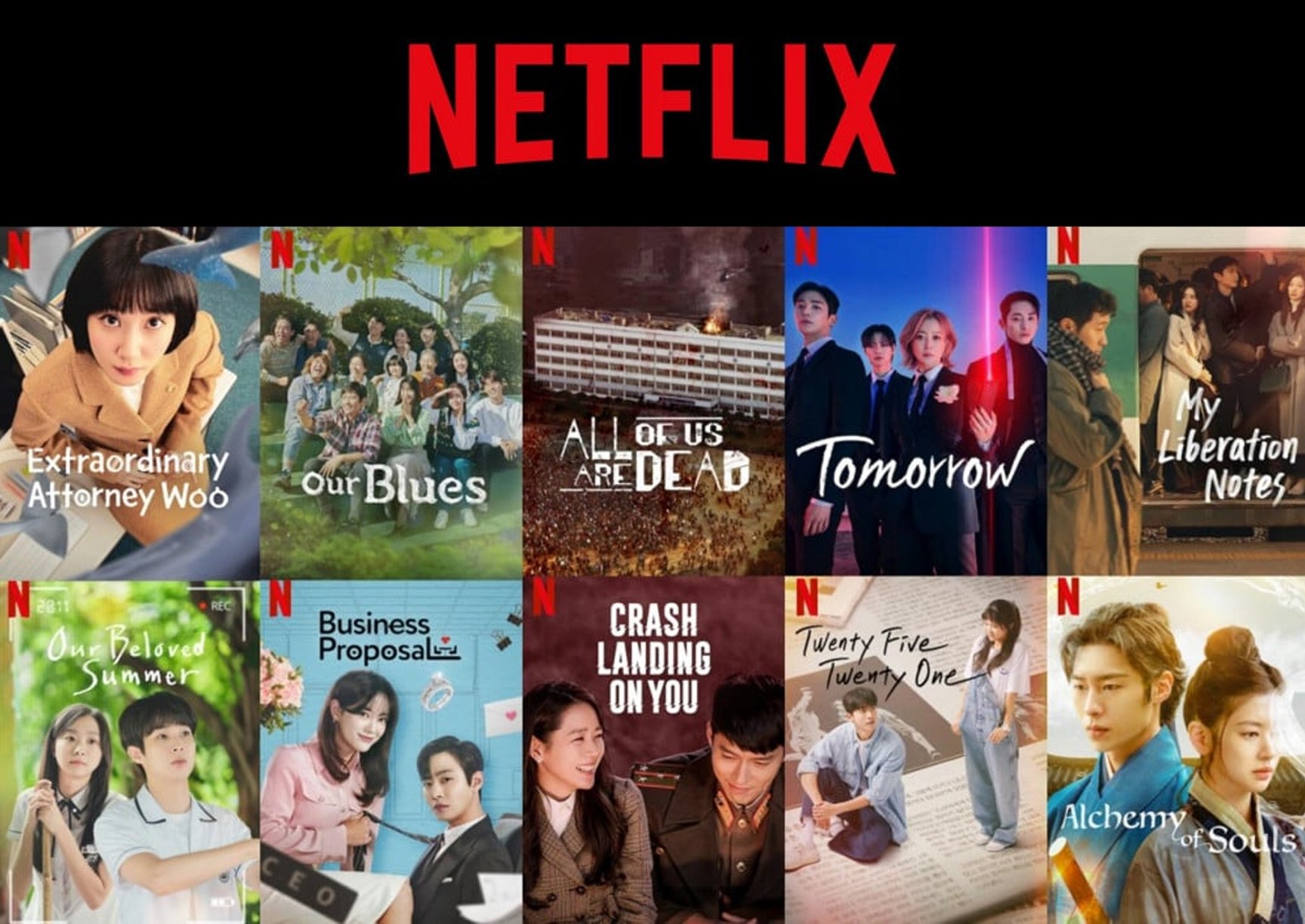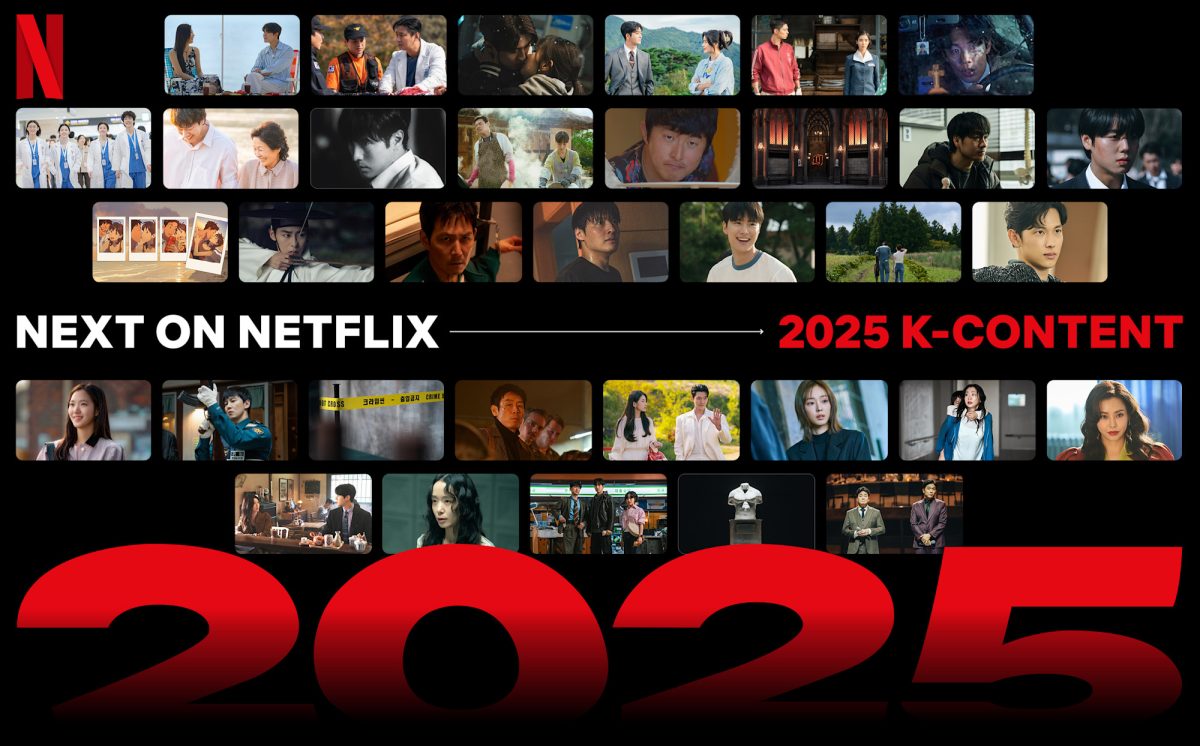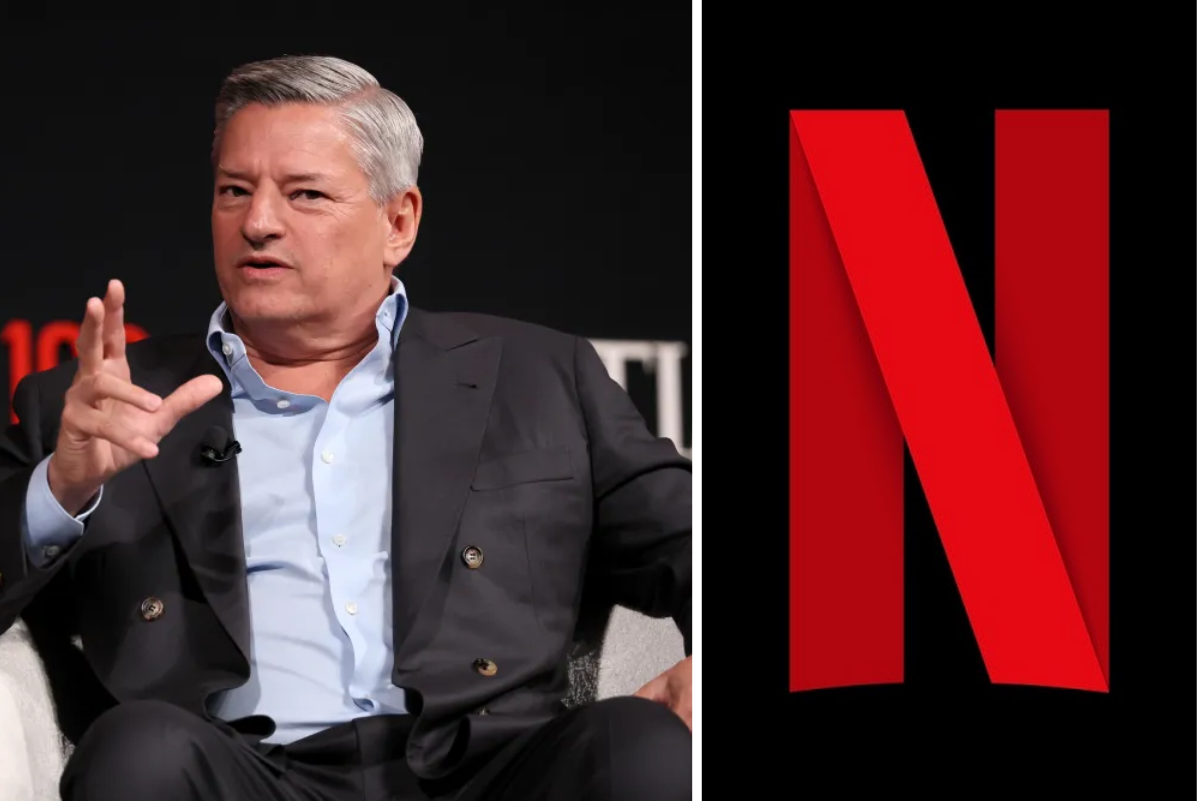Netflix Caps K-Drama Actor Fees at ₩400 Million KRW Per Episode Amid Soaring Production Costs

In a strategic move to manage spiraling production costs, Netflix Korea has set a cap of ₩400 million KRW (approx. $295,000 USD) per episode for actor fees in its original Korean dramas, according to industry sources on June 8.
While this upper limit remains high by traditional broadcast standards, it represents a shift in the OTT giant’s approach to Korean content, aiming to stem the inflation of actor compensation that has increasingly burdened domestic production studios.

An industry insider explained,
“Though the exact fee varies by project, Netflix is pushing to reduce overall production costs, and that includes placing a ceiling on performance fees. Contracts are being signed below the former market rates.”
From Broadcast to OTT: A Cost Surge
Before the rise of OTT platforms, typical Korean drama episodes cost around ₩300 to 400 million KRW to produce. However, with Netflix‘s entry into the Korean market and the surge in demand for global content, average per-episode budgets have jumped to over ₩2 billion KRW. This spike is largely attributed to top-tier actors commanding skyrocketing fees.

This financial strain has led to a sharp decline in the number of dramas being produced domestically. The annual output has dropped from 141 dramas in 2022, to 123 in 2023, and 100 in 2024. Industry forecasts predict only 80 productions in 2025.
Calls for Reform and Diversification
Many insiders argue that relying on A-list talent has driven unsustainable costs. One official noted,
“Unlike the previous Hallyu waves in Japan and China, OTT-era productions have far exceeded rational spending levels due to inflated actor pricing.”
Advertisement

In response to the news, some Korean netizens applauded the decision, suggesting the focus should now shift toward discovering new talent and increasing pay for underappreciated production staff.
- “It’s time to look beyond guaranteed star power and invest in fresh faces.”
- “Actors are important, but dramas are collaborative art. Let’s cut down the lead fees and raise the staff wages.”
Netflix‘s performance fee ceiling signals a pivotal recalibration in the K-drama ecosystem. As OTT platforms continue reshaping global entertainment, sustainable budgeting may be essential not just for profit, but for the survival of Korea’s creative engine.









